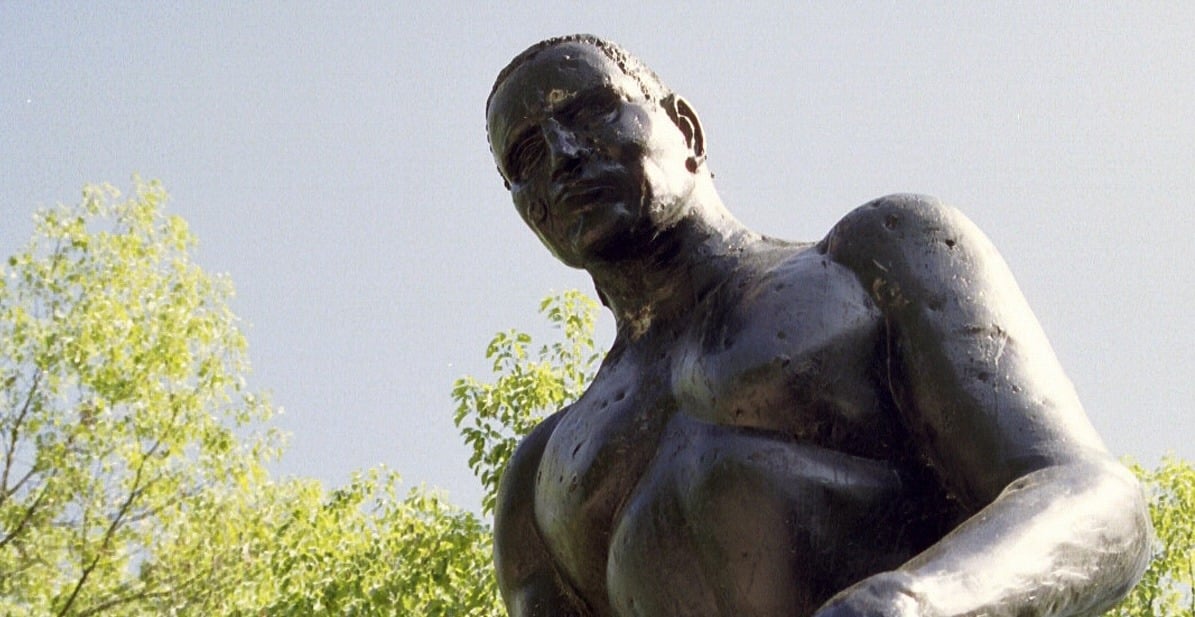Some change comes slowly, erosive, winding and bending in its gentle course. Other change rushes at you, traffic screaming down a highway. Of course, John Henry wouldn’t have known highways with their rush of traffic, at least not in the way we do. He was driving the steel that built railroads. Driving automobiles was still off in the future. But he knew what it was like to face the acceleration of the machine, to see it coming, and to work against it. He was wise to its peril, un-fooled by its promise. He knew he could do the work better than the machine of the steam drill, even if it did cost him his life. Because the work was in his body. His thick hands, broad shoulders, and strong arms – “all that muscle,” as one of the songs says.
Login to read more
Sign in or create a free account to access Subscriber-only content.
Topics:
